Ogeda Chavez Blue


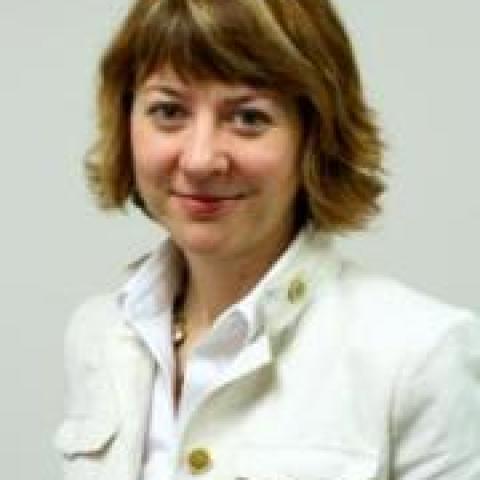
Tamara Bogdanović is a theoretical astrophysicist whose research interests include the ins and outs of some of the most massive black holes in the universe known as supermassive black holes. She investigates the physical processes that arise in accretion flows around supermassive black holes and uses them as luminous tracers of these otherwise dark objects. Some of the scenarios she and her colleagues study include the accretion of gas by the single and binary supermassive black holes as well as the accretion of stars that happen to be disrupted by the black hole tides in galactic nuclei. Tamara’s goal as a theorist is to predict the signatures of these interactions which can be searched for in observations, as well as to provide interpretation for some of the puzzling astrophysical events seen on the sky.
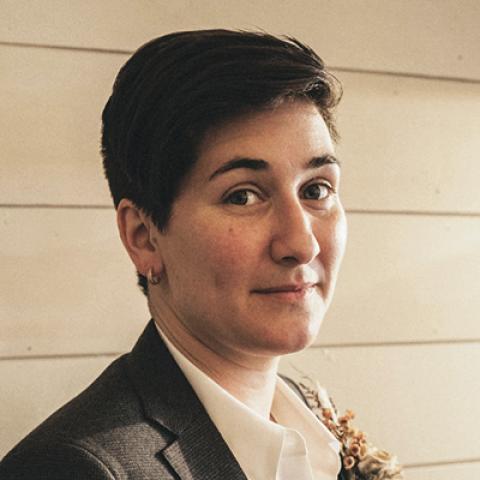
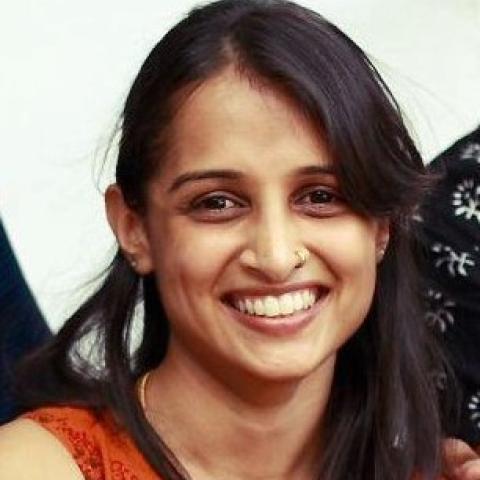
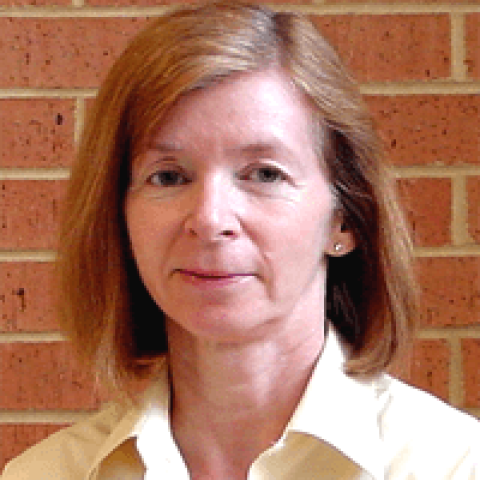
Yolande Berta has over 30 years experience in electron microscopy, including both SEM and TEM. Berta has received equipment grants from the National Science Foundation and the Office of Naval Research. She has trained thousands of electron microscopy operators. Berta has a Master’s degree in Science from the School of Materials Science and Engineering at the Georgia Institute of Technology and a Master’s degree in Biology from the University of Illinois, Champaign-Urbana.
As the Interim Director of the Responsible Conduct of Research (RCR) Program, her responsibilities include overseeing the RCR Academic Policy for Doctoral Students and the RCR Academic Policy for Master’s Thesis Students, teaching RCR courses for graduate students, and hosting RCR workshops.
Berta has more than 15 peer-reviewed publications and has given over 15 professional presentations.

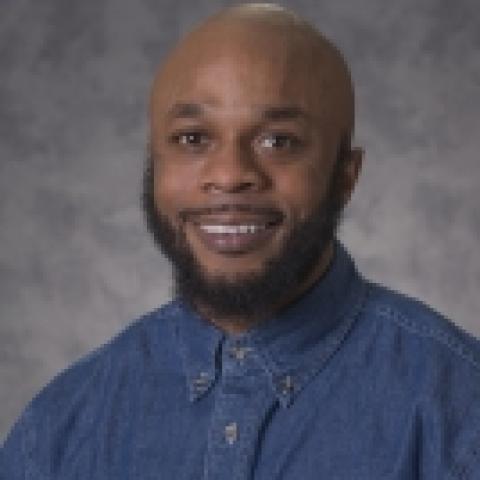
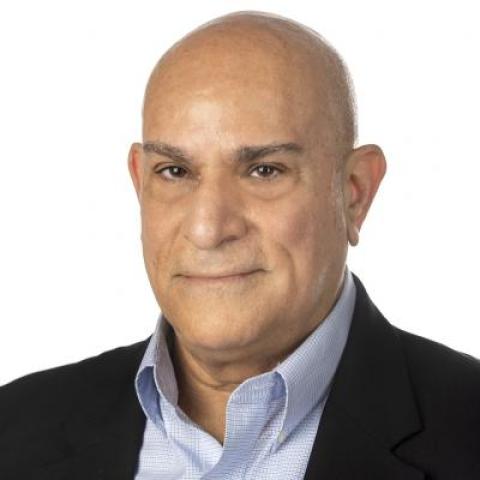
Paul M.A. Baker, Ph.D., is the Senior Director, Research and Strategic Innovation at the Center for Advanced Communications Policy (CACP), and Chief Operating Officer, Center for the Development and Application of Internet of Things Technologies (CDAIT). He is also a Principal Research Scientist with the School of Public Policy. Previously he was the Associate Director of the Center for 21st Century Universities (C21U). Aside from exploring the diffusion innovation and policy in IoT, recent research projects include innovation driven workforce development, mapping the role of intermediaries in innovation networks, usability of voting technologies, implementation of accessible technologies. His work in policy studies include barriers to the adoption of wireless technologies by people with disabilities, teleworking and people with disabilities; social media innovation, online collaboration and virtual communities. He is also involved in international policy research and collaborative policy networks, especially as it relates to issues of technology and usability policy, workforce development and innovation diffusion.
Baker holds a Ph.D. in Public Policy from George Mason University, a Master’s degree in Theological Studies from Emory University, M.P. in Urban Planning from the University of Virginia, and an M.A. in International Commerce and Policy from George Mason University. He has served on a variety of national boards and panels, and as a grant proposal reviewer for U.S. Department of Education, the Academy of Finland, the Israel Science Foundation, and the NTIA, US Department of Commerce. He serves also on editorial boards and as a reviewer for 15 journals. His co-edited (with Jarice Hanson and Jeremy Hunsinger) volume, “The Unconnected: Social Justice, Participation, and Engagement in the Information Society” was published in 2013.
Information Technology; Public Policy; Workforce Development; Disability Policy
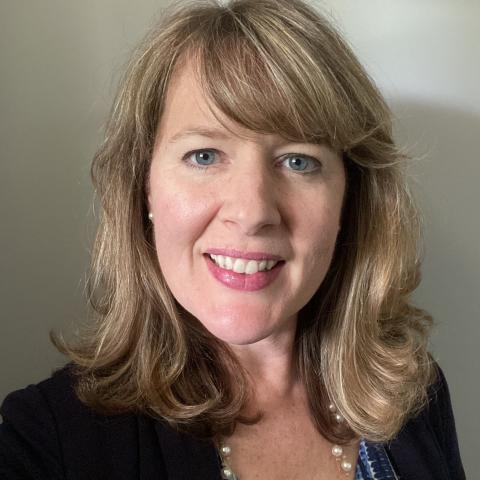

As a student, Aqua Asberry, HT(ASCP)CM, studied chemistry and was determined to become a forensic scientist. An intuitive mentor steered her towards histology, and Ms. Asberry is currently Research Histology Manager at Parker H. Petit Institute for Bioengineering and Bioscience at Georgia Tech.